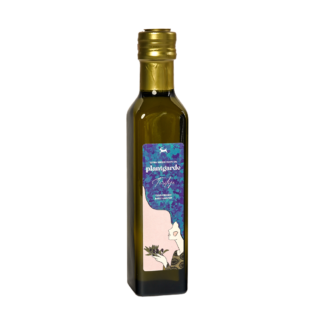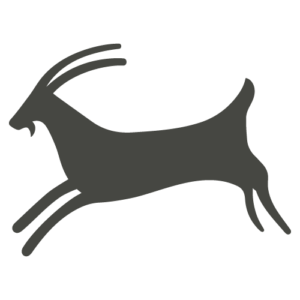“ S a v e P l a n t , S a v e E a r t h ”

Av Aslı Deniz
LL.M Sustainable Development
Milano
We attach importance to the ecological diversity of Turkey in agriculture.
• Sustainability, technology-based agriculture, and the consciousness of our farmers are all taken into great consideration to complete a good production process. All without harming nature; water resources, land, and the living. We harvest our olives by hand and collect them quickly to produce quality olive oil.
• We try to present you our product that was born and raised in our geography, from villages that do this for a living, by trusting on our producers’ essential past experiences of growing healthy products and supporting innovative production models.
• We believe that by guaranteeing a fairer position for producers and farms that suffer from unsustainable practices, sustainable, re-balanced, healthy products will be obtained.
• We aim to bring to you the products that a unique microclimate offers from geography rich in minerals, where multicultural people live together and harvest the fruit by their hands and produce it without using pesticides.
• When you use Plantgarde products, every year we donate hundreds of olive saplings to farmers in need on your behalf and help them with their growth and harvesting of the fruits.
• By maintaining traditional, sustainable, organic growing and processing methods of products that are produced in different regions of Turkey, we aim to get the most of each olive in the best way and integrate with the latest technology to obtain first-class extra virgin olive oil.
Sustainable Development Goals That We Prioritize
Olive trees are an important part of the solution to climate change. Francesco Serafini, head of the Environmental R&D Department of the International Olive Oil Council, attended the 22nd International Olive Oil Conference in Marrakech, Morocco. He made a speech at the United Nations Conference of the Parties on Climate Change (COP22). The main topic of the speech was the need to see the role of olive trees as a sustainable lever to combat climate change.
“When sustainable agricultural practices are used in a mature olive garden with an average crop yield, a single olive tree can capture 10 tons of carbon dioxide per hectare per year,” he said.
Plantgarde is a story made up of farmers, artisans, and our ancient traditions who have chosen to participate in sustainable and innovative agriculture. When you use our products, you not only add a unique and natural flavor to your table but also contribute to Plantgarde’s Sustainability Goals for 2023-2025.
Sustainable Development Goal
1. Support for Nature
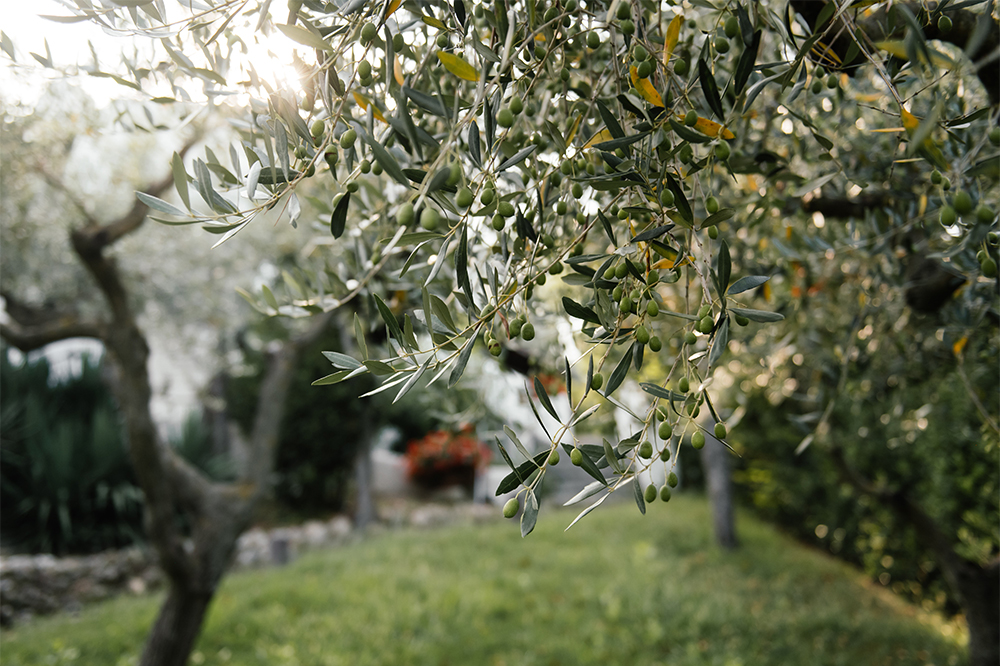
To provide quality education based on inclusion and equity and to promote lifelong learning opportunities for all.
Within the scope of a tree project for you when you use one of the Plantgarde products, we aim to donate 1000 olive saplings to the farmers in need on your behalf every year.
2. Support for Farmer Education
To provide quality education based on inclusion and equity and to promote lifelong learning opportunities for all.
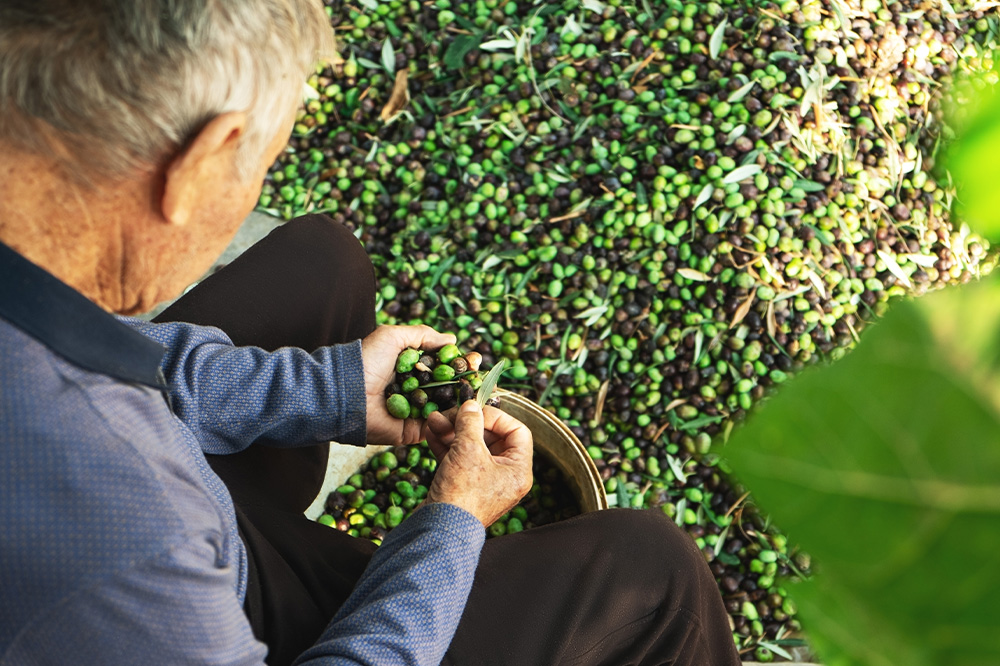
We plan to provide at least 100 hours of training to our farmers annually.
3. Healthy and Quality Life
To ensure a healthy and quality life at any age.
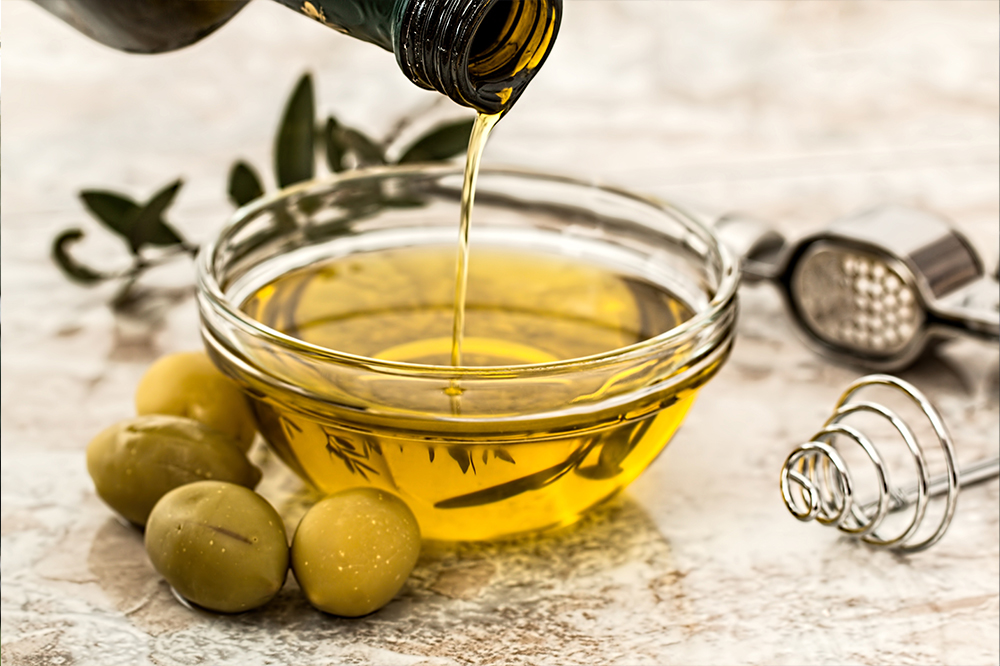
It would be correct to consider food products as the means that connect human health with the health of our planet. This is precisely why the critical importance of food is mentioned in most Sustainable Development Goals. We know that olive oil is a very important food.
We are aware that by increasing the value we give to agriculture, we can find solutions to some of the most pressing problems in the world. Therefore, when creating our vision, we declared olives as the most important tool to bring people and businesses together around global challenges.
4. Qualified Education

To provide quality education based on inclusion and equity and to promote lifelong learning opportunities for all.
Increasing the number of young people and adults with relevant skills, including technical and professional skills for employment, decent work, and entrepreneurship significantly, by 2030.
What kind of training can we give to farmers? What subjects do we aim to increase our competencies on and how can we draw a road map to achieve these goals?
Development of reliable, healthy, and efficient production models in today’s conditions
In the near future, agricultural production will lead to an increase in the number of farmers who respect the environment, ensure adaptation to climate change, and spread the human relationship to the soil among the most important elements of our daily lives.
To bring together innovative entrepreneurs who will ensure a more efficient implementation of the production and consumption cycle.
5. Clean Water and Sanitation
To ensure accessible water and wastewater services for all and sustainable water management.
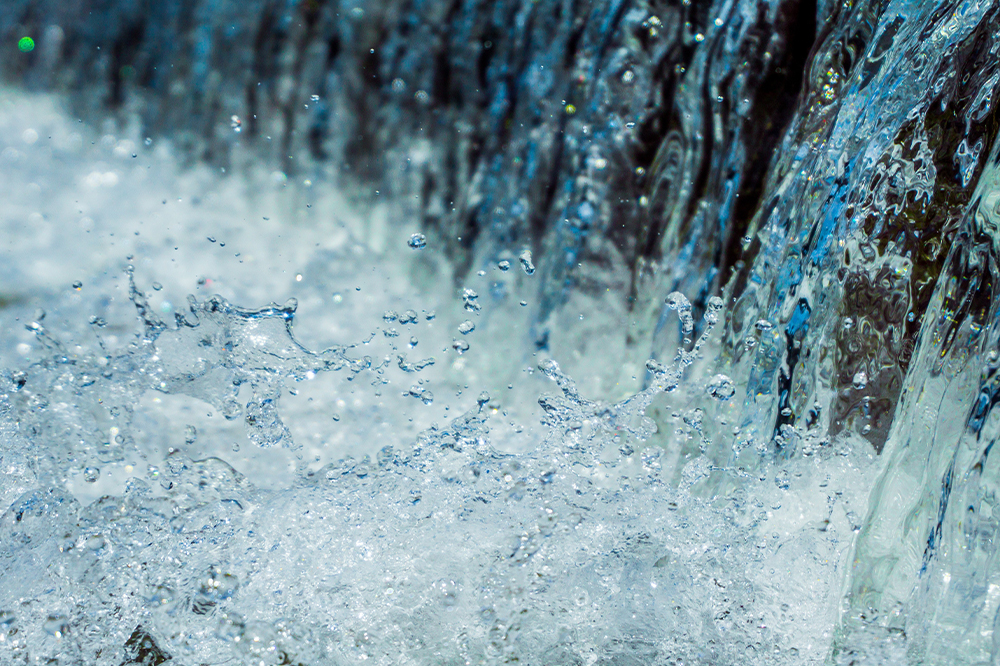
It is designed to assess the optimal use of water resources in different sectors of the economy in such a way as to increase the added value.
Knowing that increasing the efficiency of water use in the agricultural sector will greatly contribute to the economic growth rate over time, we are developing sustainable policies in sustainable irrigation and wastewater management. We aim to reduce water consumption by increasing the cost of access to water and ensuring that water resources are managed with the right policies, increasing the appropriate ecological diversity in the region and spreading thirst-resistant species.
6. Decent Work and Economic Growth
To support consistent, inclusive, sustainable economic growth; full and productive employment, and decent work for all.

Protection of employee rights and improvement of safe workspace for all without discrimination among genders.
We make an effort to assure a fairer position for producers that were harmed by unsustainable practices. In order to reach this goal, we listen to their problems and look for solutions together with productive dialogues.
We educate our workers about industrial accidents and occupational diseases that may take place in the agricultural sector, in order to minimize the risk.
7. Reducing Inequalities
Reducing inequalities within and between countries
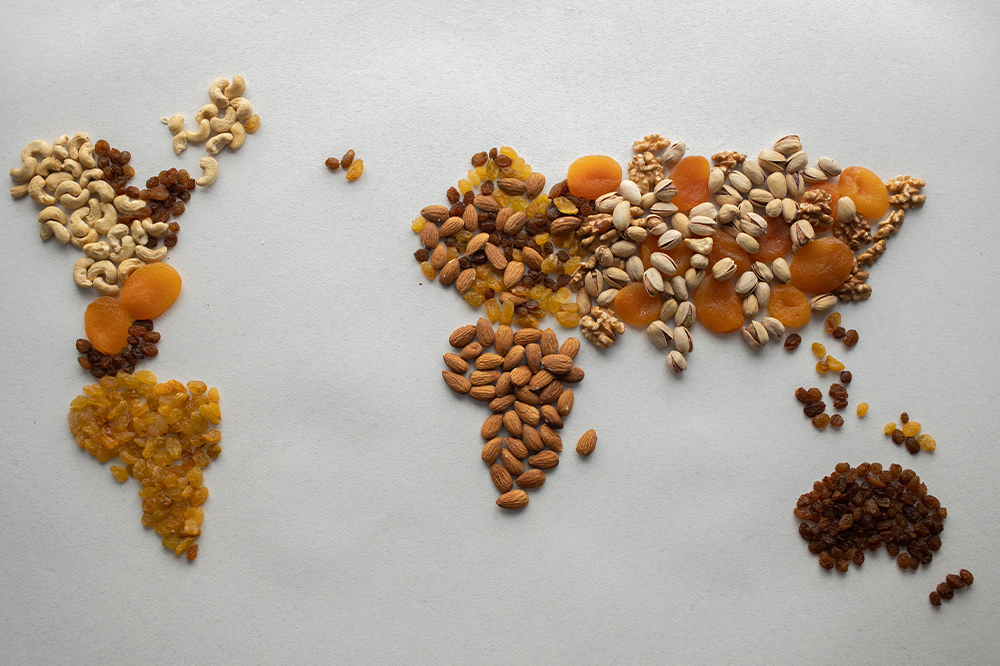
By 2030, no matter what age, gender, disability, race, ethnicity, religion, economic, or other status one may have, we aim to strengthen everyone regardless of their social, economic, or political support coverage.
What is the ratio of male/female employees? What kind of practices can be developed to support women workers?
While collecting our olives, we get help from our experienced team with a majority of women. In this situation, we take care to ensure that women take a more active role in production.
Adoption of policies, especially financial, wage, and social protection policies, and ensuring more and more equality
We guarantee that equal pay will be given to male and female workers who do the same job.
8. Responsible Production and Consumption
Preparing sustainable production and consumption patterns
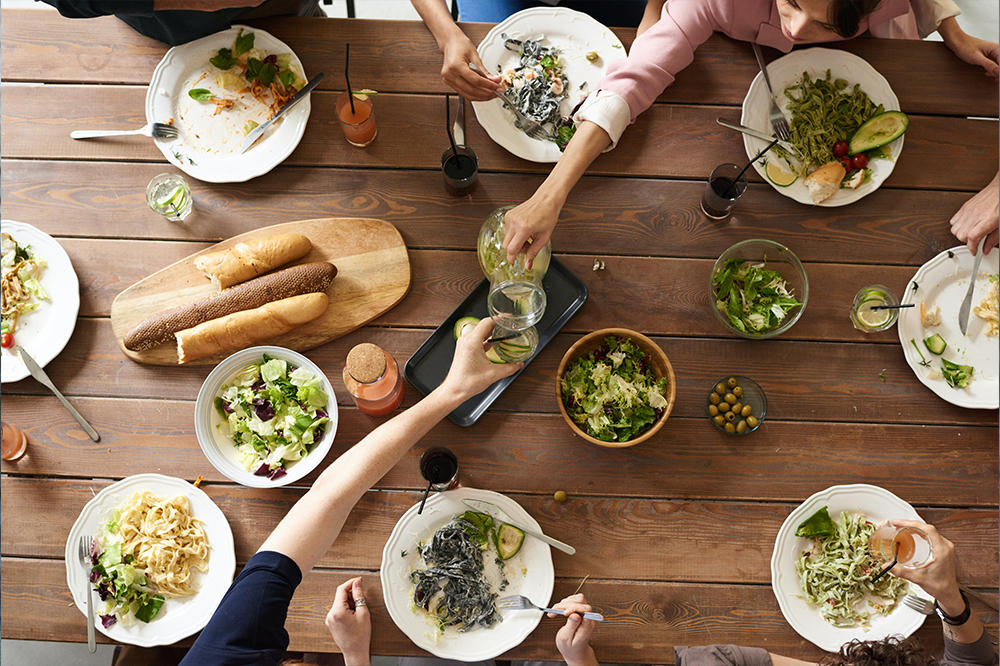
Ensuring sustainable management and effective use of natural resources by 2030.
We support innovative production models based on past experiences so that our producers can grow healthy products. What are the production models we support?
By ensuring fair trade, we commit to buying products from contracted farmers and ensure the protection of their rights through contracts.
For access to quality and reliable food, we cooperate with international inspection organizations during the production process to ensure the development of a healthy, controlled, and monitored process.
Preserving the traditional sustainable organic growing and processing methods of products grown in different regions in Turkey, we integrate them with the latest technology to get the most out of each olive and create a first-class extra virgin olive oil.
Halving the global food waste per capita at retail and consumer levels by 2030 and reducing food losses in production and supply chains, including post-harvest losses.
Recycling of waste in the olive oil production process. How do we evaluate waste?
To use the waste productively, we support the making of soap etcetera from olive extractions and fuel production from the remaining. We also complete the recycling in businesses that produce fertilizers, without harming nature.

